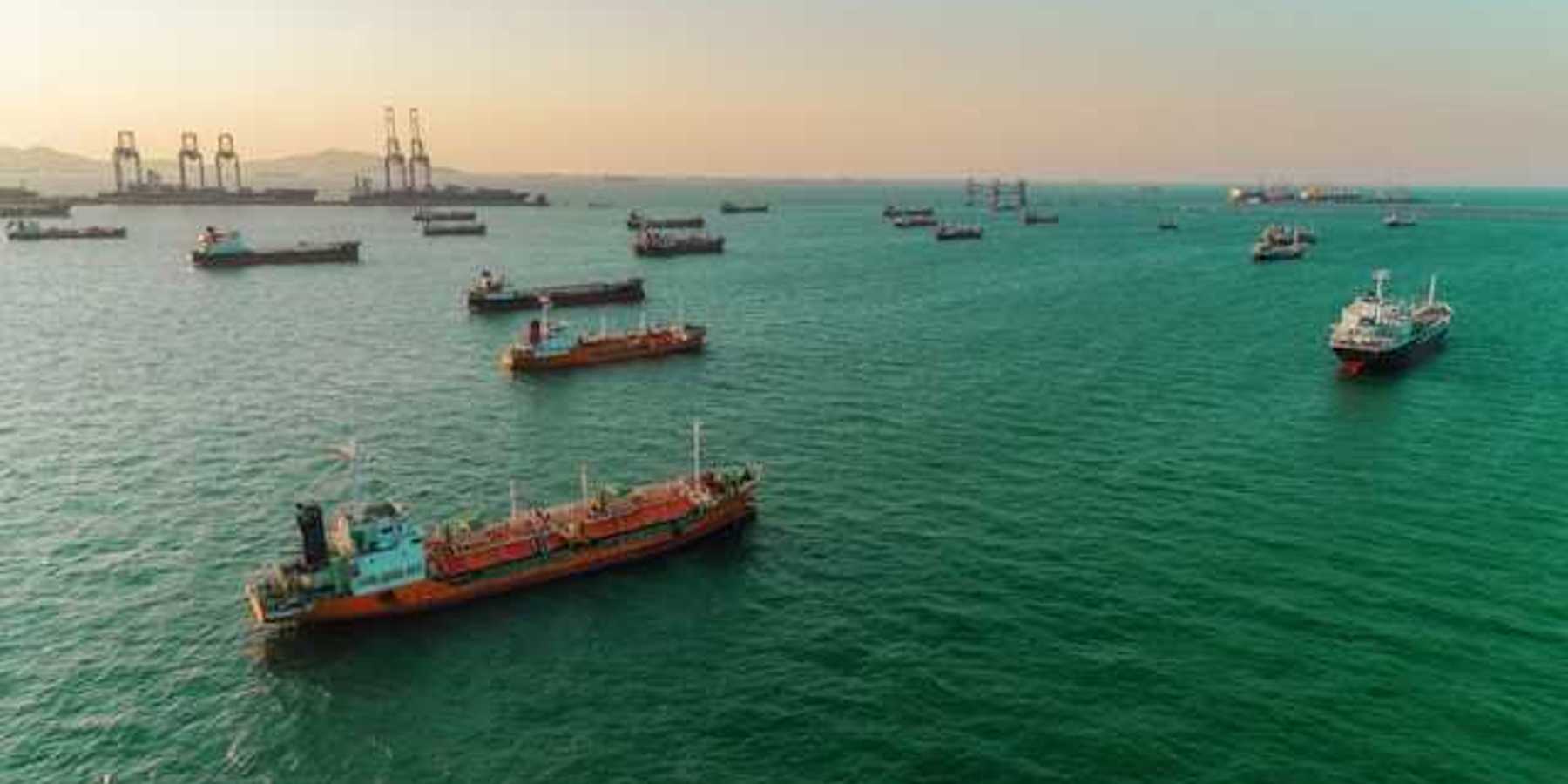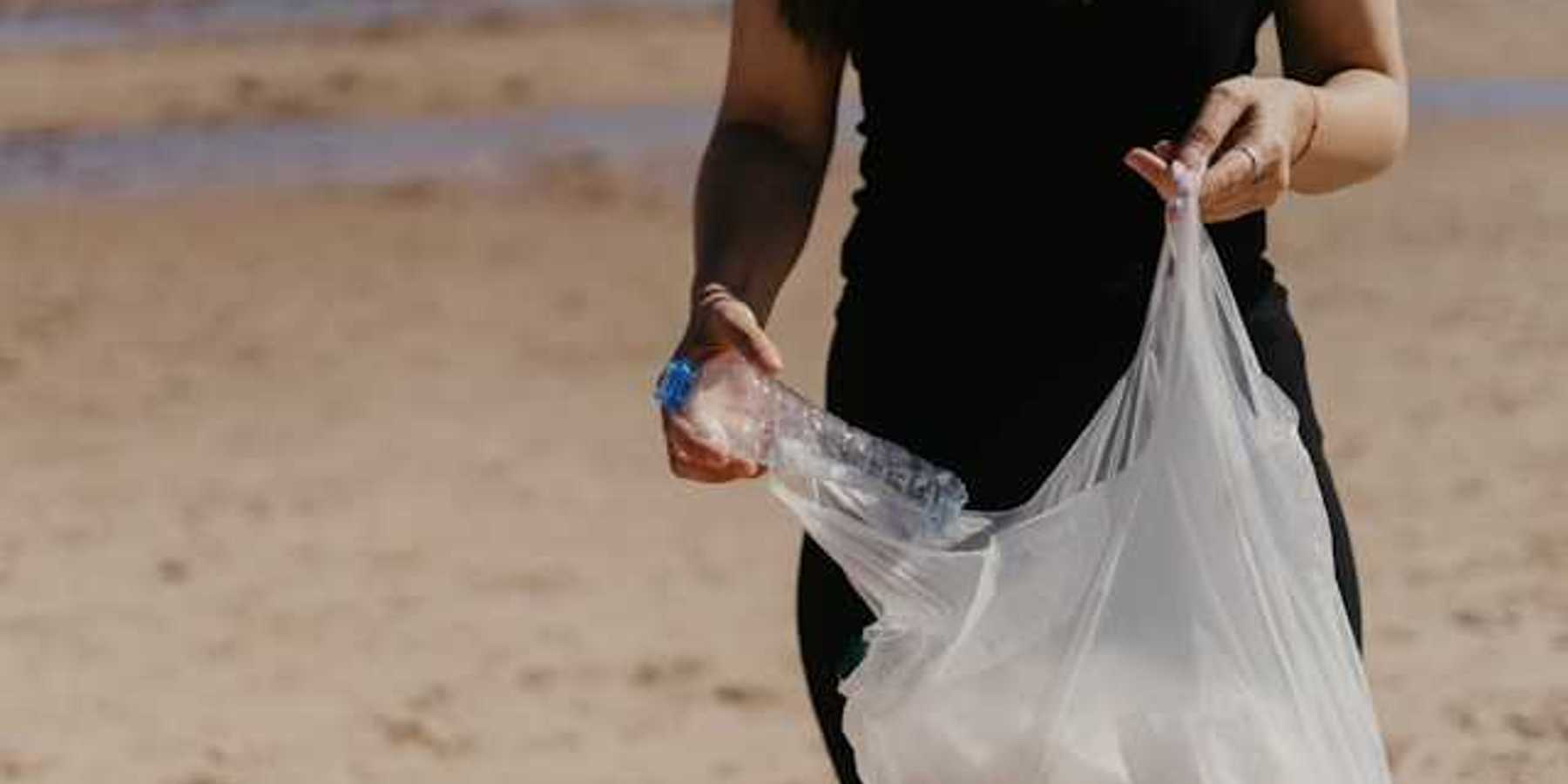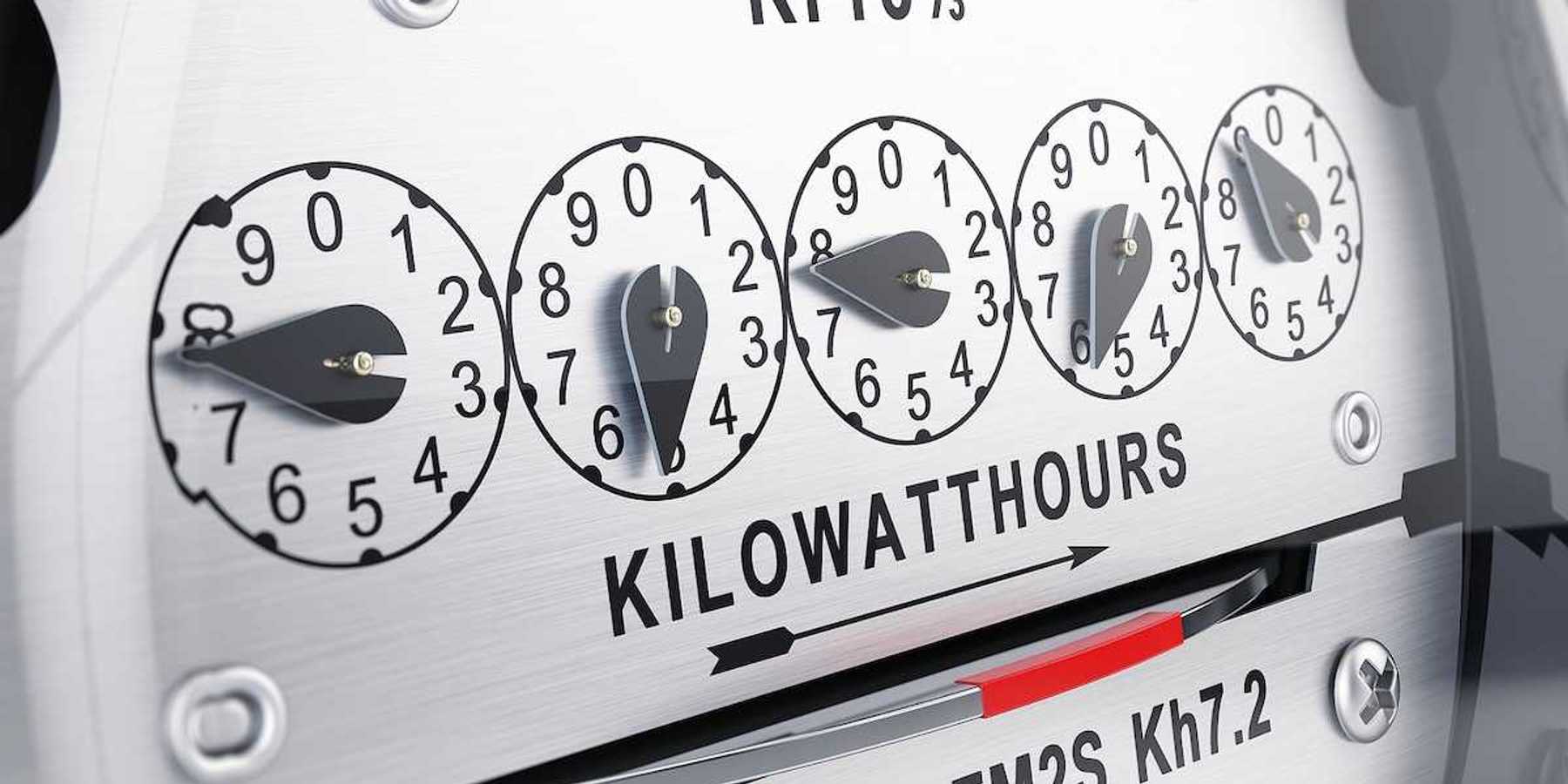Scientists test pumping seawater to slow Arctic ice loss, but questions remain
Sea ice engineers are using hydrogen-powered pumps to thicken Arctic ice, but the effort is raising concerns about effectiveness, environmental risk, and Indigenous consent.
Matilda Hay reports for Grist.
In short:
- The nonprofit Real Ice is testing a method that pumps seawater onto existing ice to boost winter freezing, with early data suggesting it could significantly thicken ice and potentially slow summer melt.
- Critics warn the approach may not scale to the vast size of the Arctic, could distract from emission reductions, and may bring ecological and social risks to Indigenous communities.
- Real Ice aims to expand its experiments while seeking local partnerships, regulatory approval, and a possible global funding model akin to rainforest protections.
Key quote:
“We don’t want to repeat the kind of mistakes that have been made by Western researchers and organizations in the past.”
— Cian Sherwin, co-CEO of Real Ice
Why this matters:
Arctic sea ice acts like Earth’s reflective shield. It bounces much of the sun’s energy back into space, helping regulate the planet’s temperature. As global warming accelerates, this shield is disappearing — with the oldest, thickest ice down by 95% since satellite records began. That’s not just a polar problem: as the ice vanishes, the darker ocean absorbs more heat, fueling more warming. The changes ripple out, altering jet streams, increasing wildfire risk, and threatening biodiversity far beyond the Arctic. Efforts like Real Ice’s offer a controversial stopgap — thickening the ice temporarily in hopes of delaying its collapse. But they come with environmental unknowns and moral dilemmas: Do such strategies offer real protection, or do they let the world dodge the hard work of cutting emissions? For now, the Arctic is melting faster than humanity is adapting.
Related: Melting Arctic ice is rewriting the planet’s future













